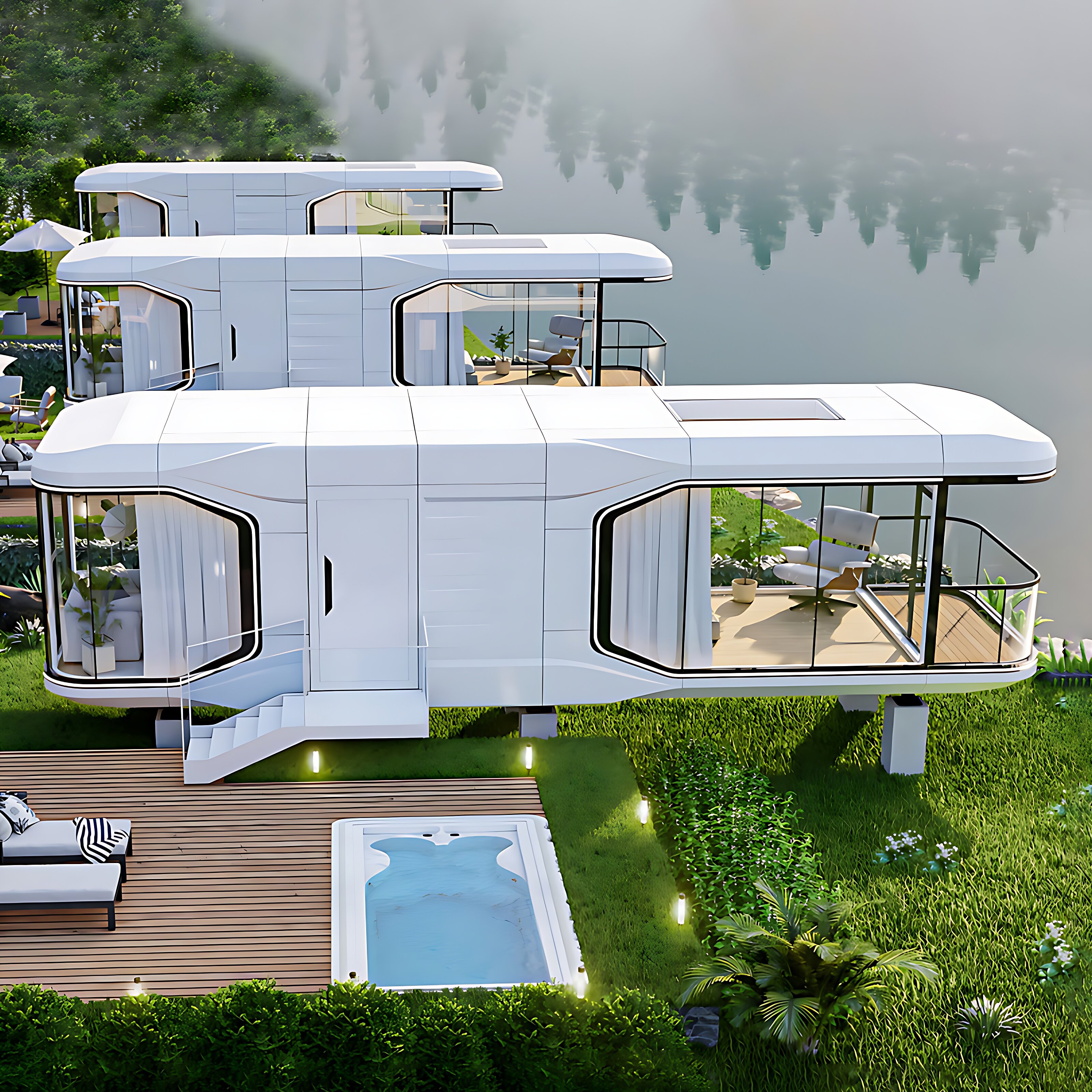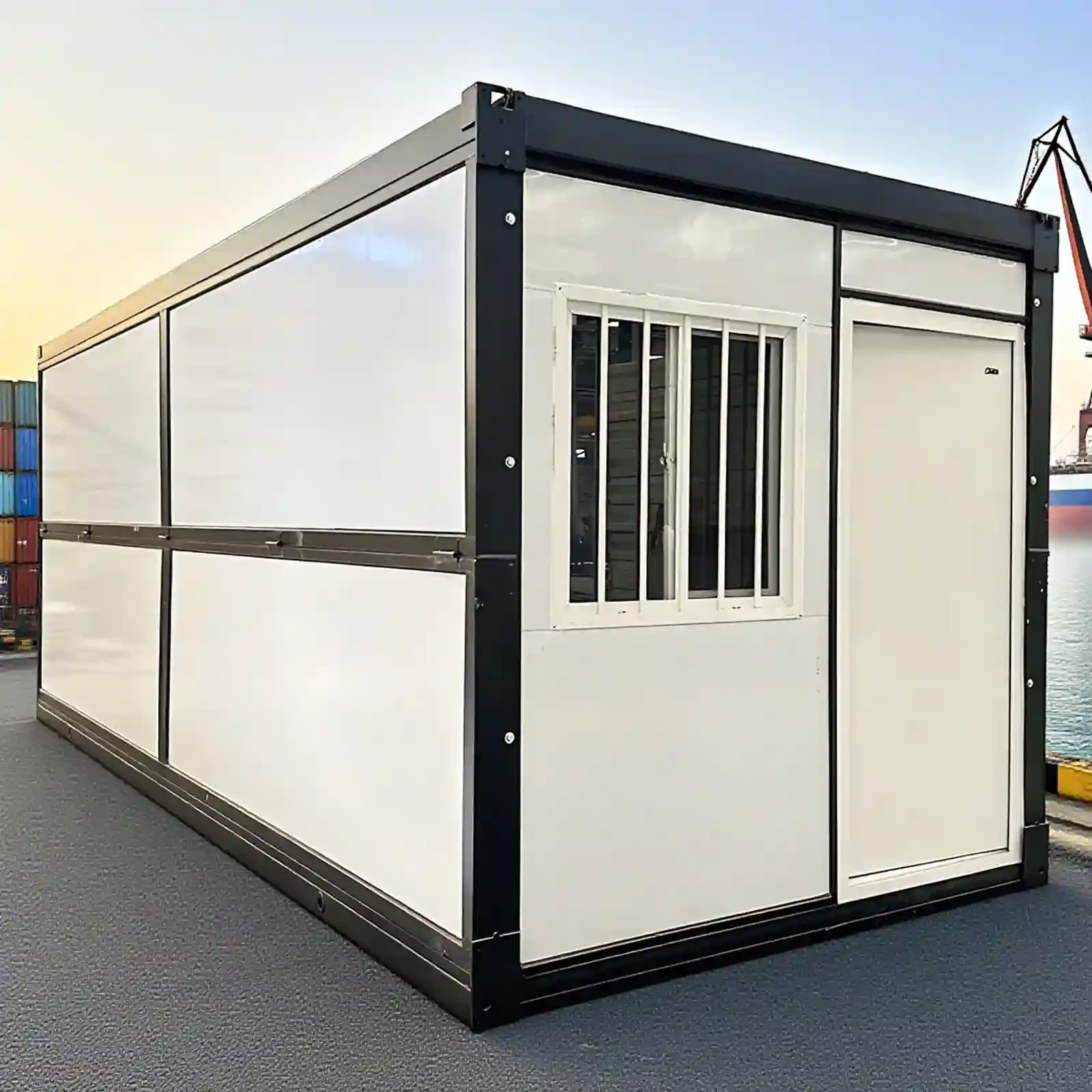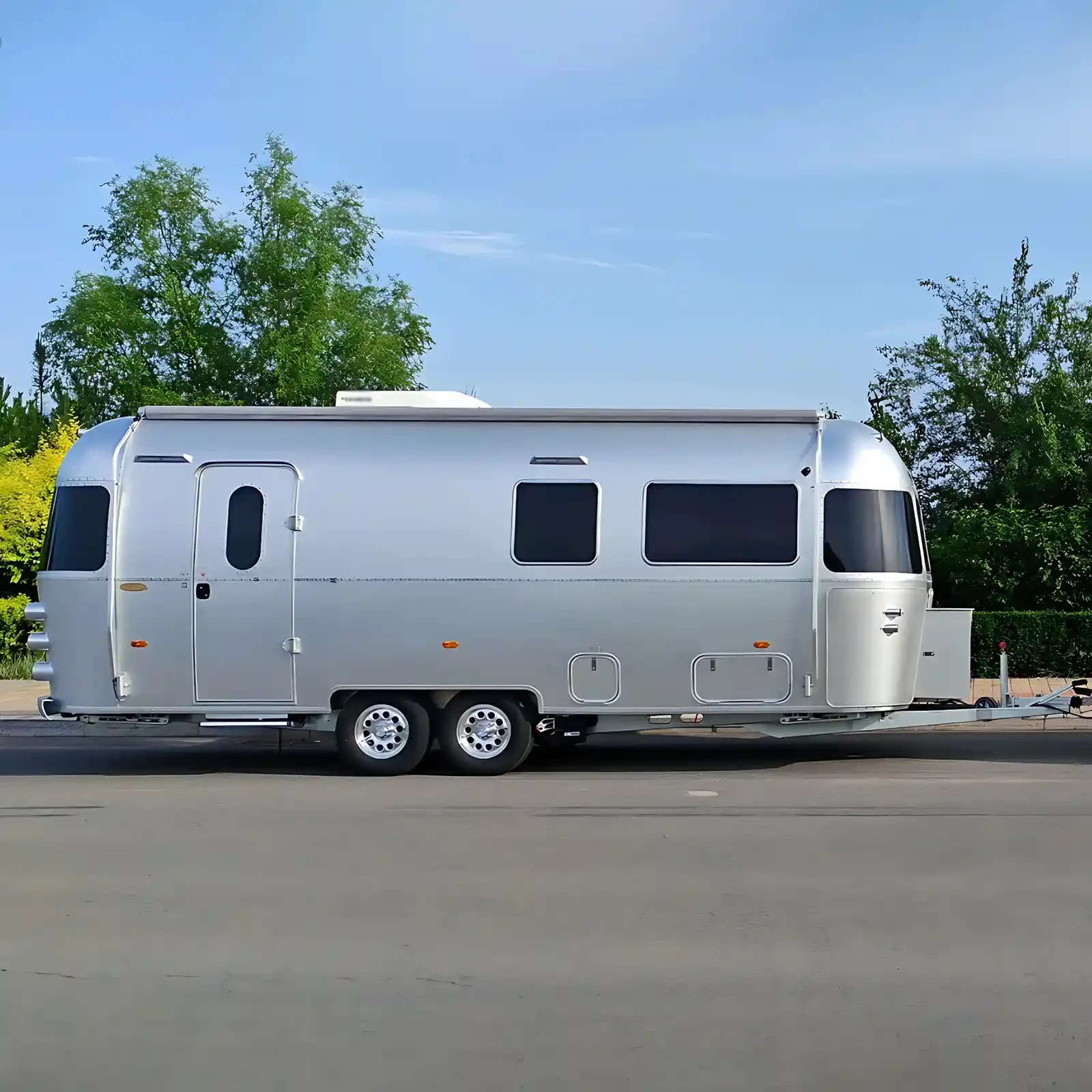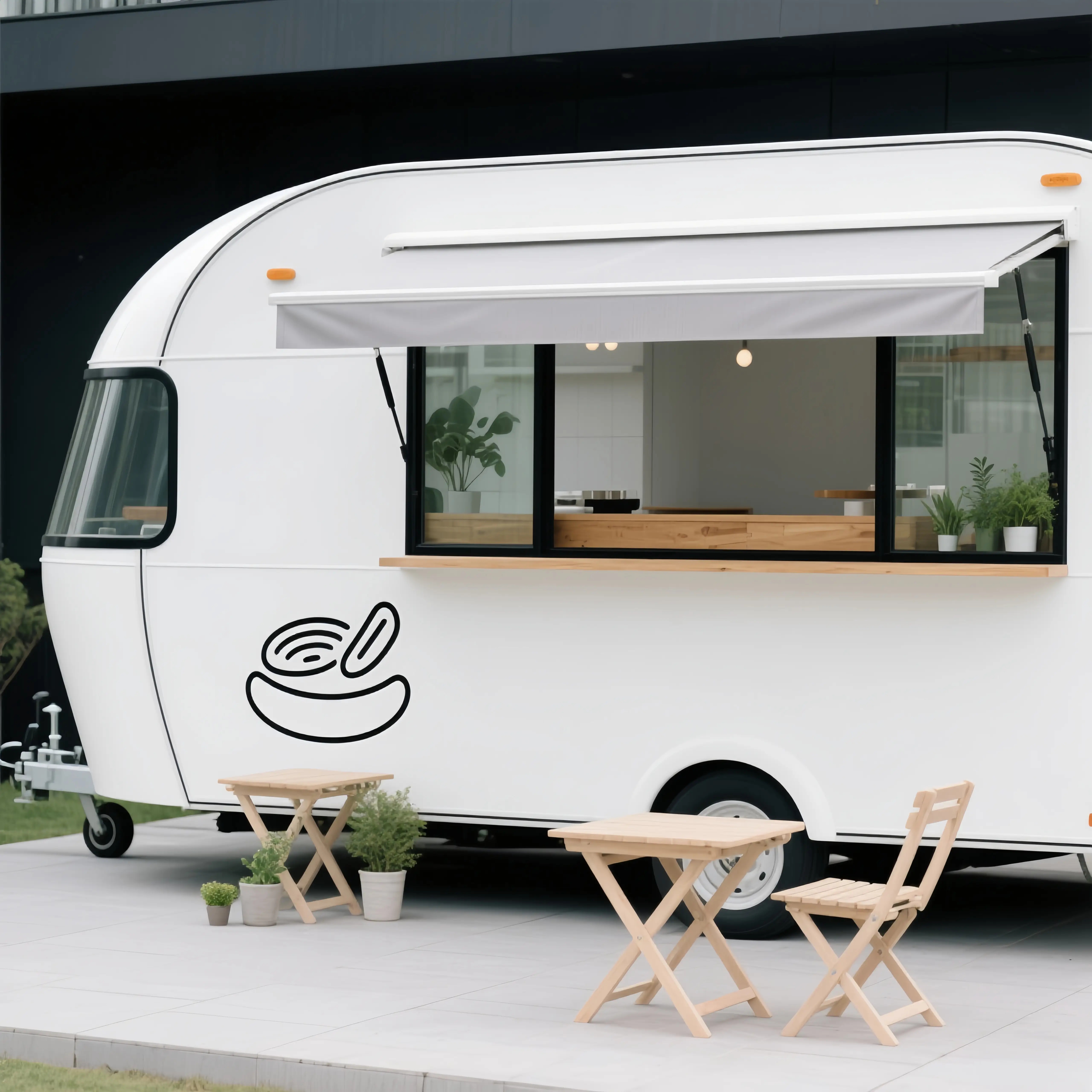As the concept of sustainable development becomes more widely accepted, building energy consumption is gaining increasing attention. As a new type of residential building, the energy consumption of capsule homes not only affects the user's cost of living but is also closely linked to environmental benefits. Energy consumption is influenced by a variety of factors, including the design and structure, material selection, equipment configuration, and usage. The following section will explore the energy consumption of capsule homes in detail from various perspectives.
1. Impact of building materials on energy consumption
(1) The role of thermal insulation materials
Capsule homes often utilize high-efficiency thermal insulation materials, which play a key role in reducing energy consumption. Common materials such as polyurethane foam and rock wool offer excellent thermal insulation properties, effectively blocking heat transfer. In summer, these materials reduce the amount of heat entering the home, reducing the frequency and duration of air conditioning use. In winter, they prevent heat loss and reduce the operating time of heating equipment. For example, polyurethane foam has an extremely low thermal conductivity of only 0.02-0.03 W/(m·K). Compared to traditional building materials, it can improve a home's insulation by 30%-50%, significantly reducing energy consumption for cooling and heating.
(2) Translucent materials and natural lighting
To reduce lighting energy consumption, capsule homes utilize transparent materials and optimize natural lighting. Large floor-to-ceiling windows and skylights utilize double-layer Low-E glass, which not only transmits light but also effectively blocks ultraviolet and infrared rays, reducing heat entry. By strategically designing the placement and size of windows, natural light can be fully admitted, reducing the need for artificial lighting during the day. Statistics show that effective natural lighting design can reduce daytime lighting energy consumption in capsule homes by 60%-70%, significantly saving electricity.
2. Relationship between equipment configuration and energy consumption
(1) Air conditioning and heating equipment
Air conditioning and heating are major contributors to energy consumption in space capsule homes. To reduce energy consumption, modern space capsule homes are often equipped with energy-saving devices. For example, inverter air conditioners automatically adjust compressor speed based on indoor temperature, saving 30%-50% energy compared to fixed-speed air conditioners. For heating, some space capsule homes utilize ground-source heat pump systems, which utilize the constant underground temperature for heat exchange. This system offers higher energy efficiency than traditional electric or gas heating, potentially saving 40%-60% in energy consumption. Furthermore, proper indoor temperature settings are crucial. Setting the air conditioner to around 26°C in summer and 18-20°C in winter can effectively reduce energy consumption while ensuring comfort.
(2) Selection of household appliances
The energy consumption of home appliances within the space capsule, such as refrigerators, washing machines, and water heaters, is also crucial. Choosing appliances with high energy efficiency ratings can significantly reduce daily electricity consumption. For example, a refrigerator with a Class 1 energy efficiency rating can save 100-200 yuan in electricity bills annually compared to a Class 3 refrigerator. Smart appliances also contribute to energy conservation. Smart sockets enable remote control and timed on/off of appliances, preventing energy waste while they are in standby mode. Smart water heaters can preheat water based on user habits, reducing unnecessary heating time and further reducing energy consumption.
3. Application of energy-saving technologies and energy consumption optimization
(1) Utilization of solar energy technology
The application of solar technology in space capsule homes offers a new approach to reducing energy consumption. Solar panels convert sunlight into electricity, which can be used to meet a portion of the home's electricity needs, such as lighting and small appliances. In areas with ample sunlight, the amount of electricity generated by solar panels can meet 30% to 50% of a home's daily electricity needs. Furthermore, solar water heaters utilize solar energy to heat water, significantly reducing energy consumption and overall costs compared to electric or gas water heaters.
(2) Intelligent control system
Intelligent control systems are a key tool for optimizing energy consumption in space capsule homes. This system centrally manages and intelligently controls lighting, air conditioning, appliances, and other equipment within the home. For example, light sensors automatically adjust lighting brightness, automatically turning off some lights when the room is well-lit. Temperature sensors monitor the indoor temperature in real time and automatically control the air conditioning's start/stop and temperature. The intelligent control system also learns and optimizes equipment operating modes based on occupants' living habits, further reducing energy consumption. Tests have shown that the implementation of an intelligent control system can reduce overall energy consumption in space capsule homes by 20%-30%.
4. Energy consumption differences in different usage scenarios
(1) Living scene
In residential settings, energy consumption in a capsule home primarily stems from daily electricity consumption and indoor environmental regulation. If residents maintain a good energy-saving awareness, use electrical appliances appropriately, avoid running high-energy-consuming devices for extended periods, and fully utilize natural conditions such as natural lighting and ventilation, energy consumption will be relatively low. Conversely, if residents frequently use high-energy-consuming devices and neglect energy conservation, energy consumption will increase significantly.
(2) Commercial scenarios
When space capsule housing is used for commercial purposes, such as hotels and B&Bs, energy consumption differs. In commercial settings, personnel turnover is frequent, equipment is used for extended periods, and the demand for indoor comfort is higher, resulting in higher energy consumption than in residential settings. For example, hotel air conditioning needs to run throughout the day to meet the needs of guests at different times of the day; a large number of lighting fixtures and electrical appliances also increase energy consumption. However, through appropriate energy-saving design and management measures, such as time-sharing lighting control and optimized air conditioning operation strategies, energy consumption in commercial settings can still be reduced to a certain extent.
Energy consumption in capsule homes is influenced by a variety of factors. These can be effectively reduced through the use of high-efficiency insulation materials, the rational allocation of energy-saving equipment, the application of energy-saving technologies, and the cultivation of good user habits. In the future, with continued technological advancements and increased awareness of energy conservation, capsule homes are expected to achieve even greater breakthroughs in energy consumption control, achieving a win-win situation for both economic and environmental benefits.

 USD
USD
 GBP
GBP
 EUR
EUR






